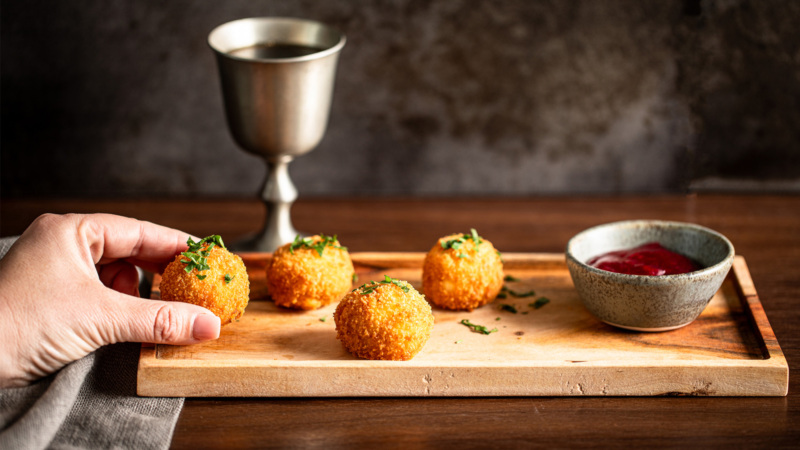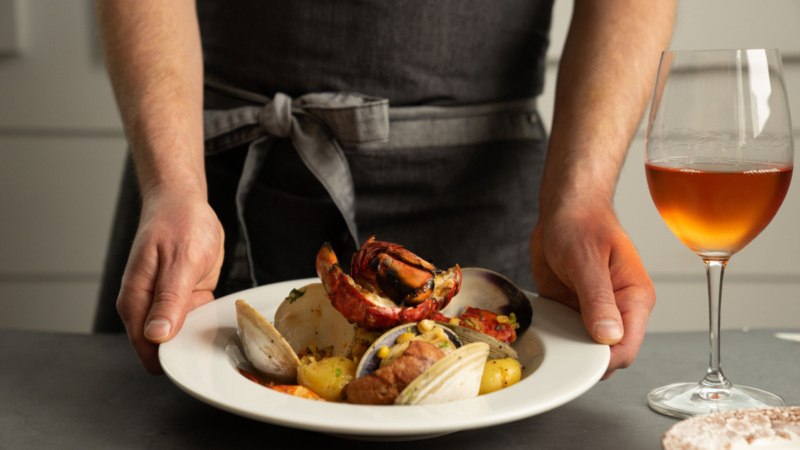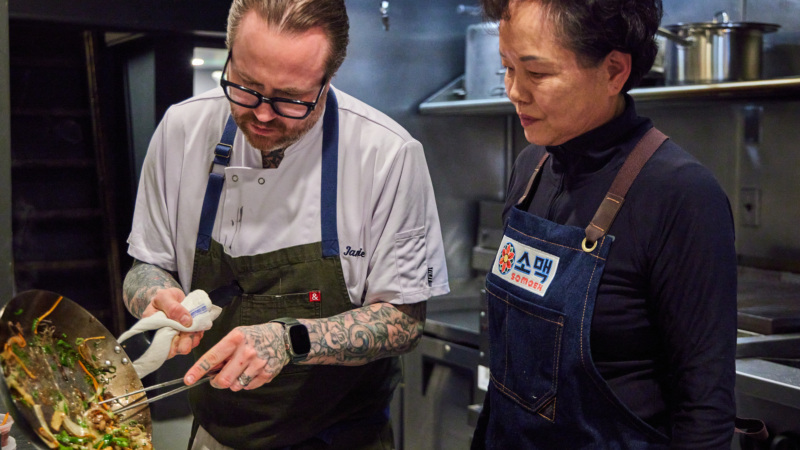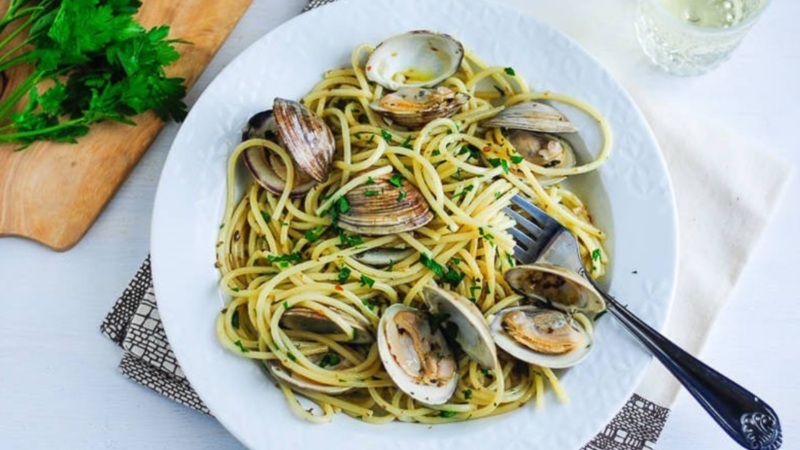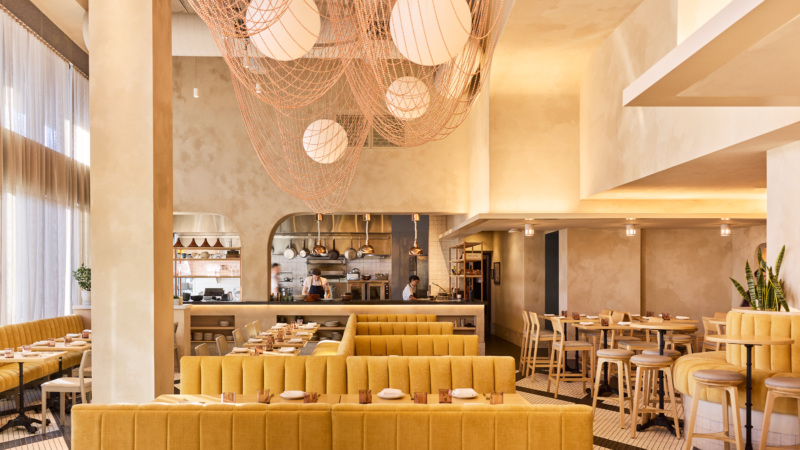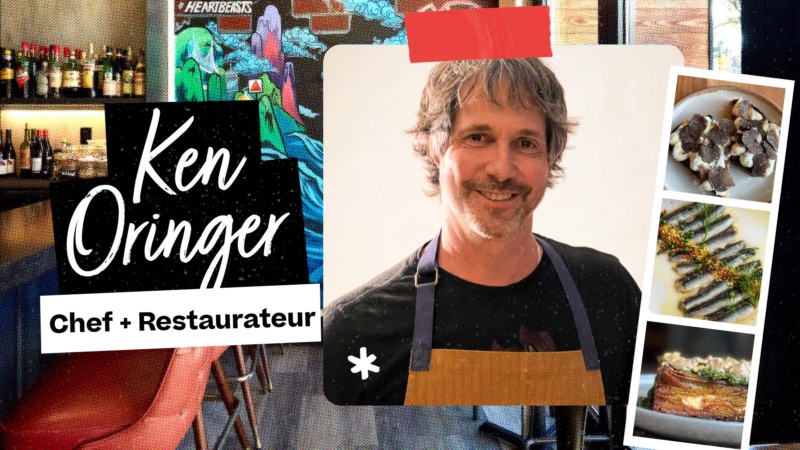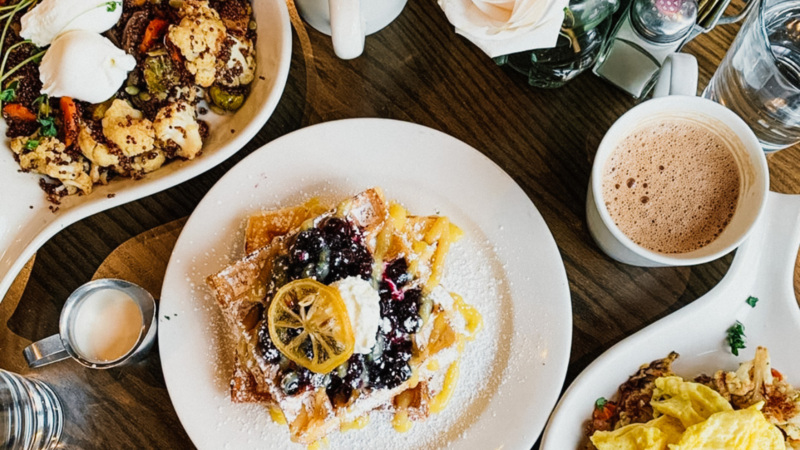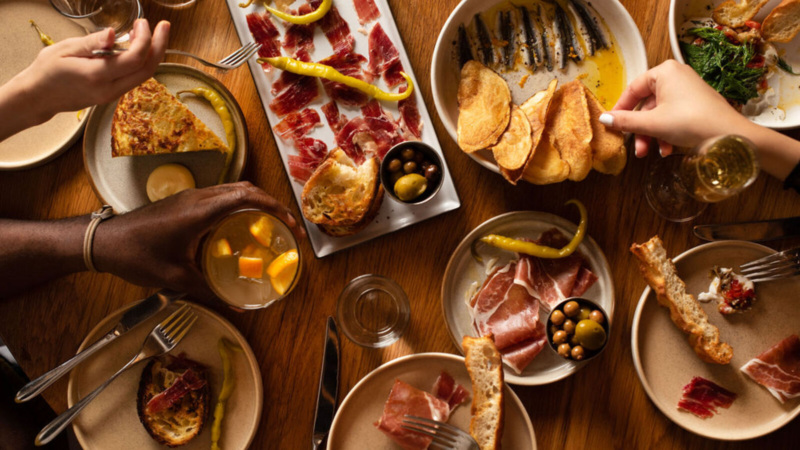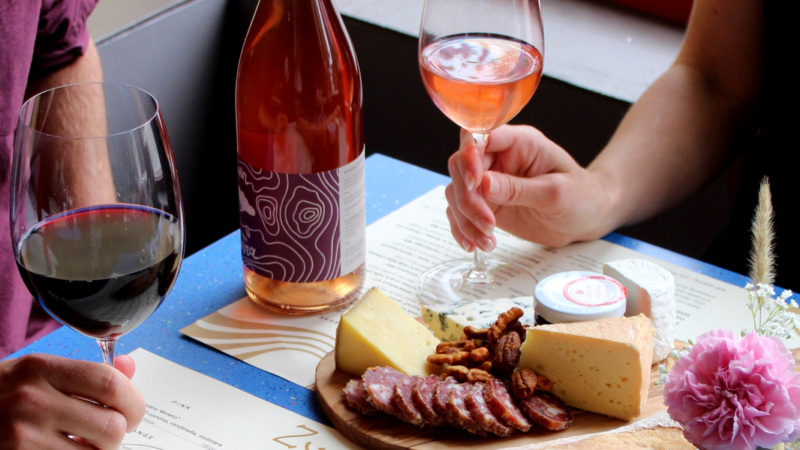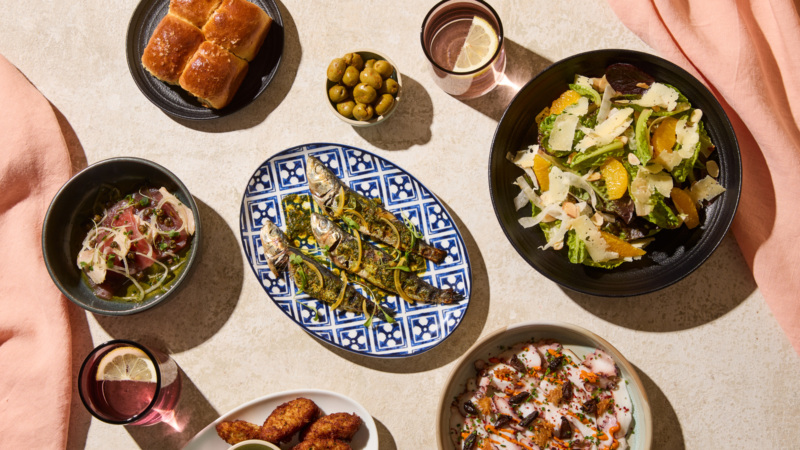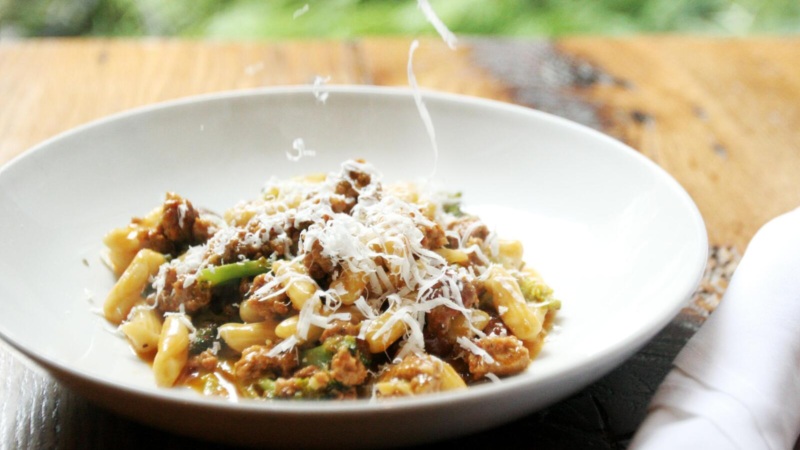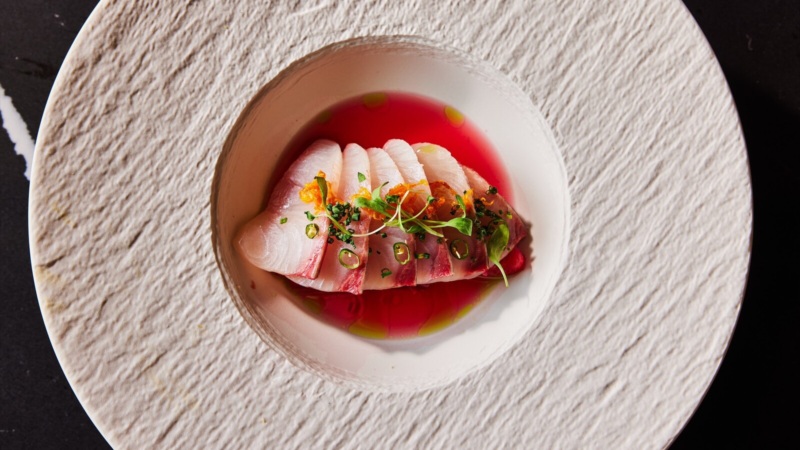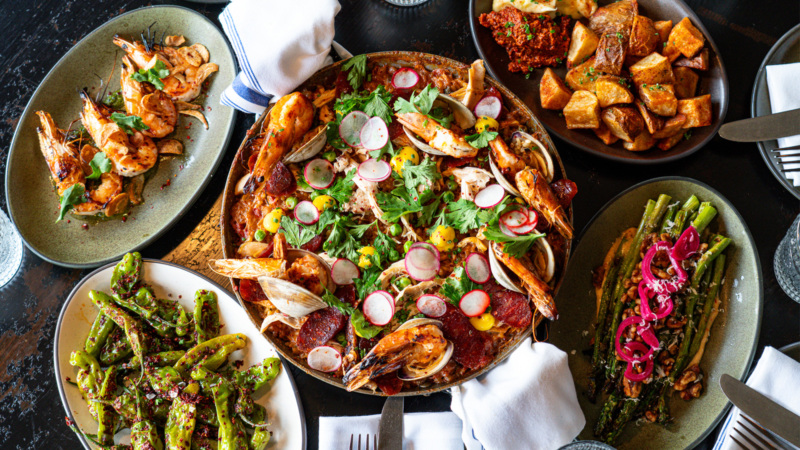
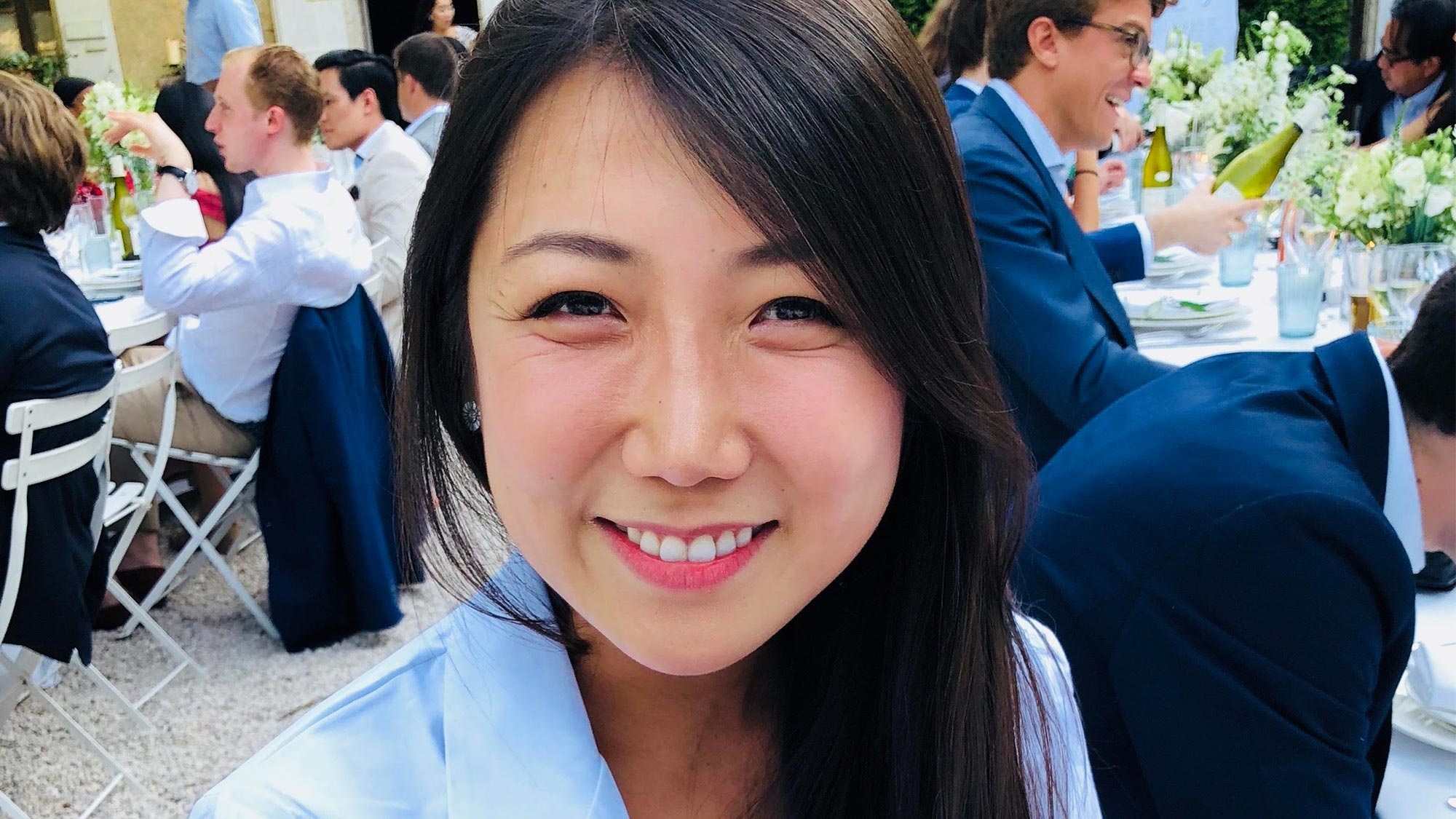
The Boston Medical Student Who Rallied to Raise Millions for Restaurants and Their Employees
Natalie Guo vividly recalls the weekend everything changed.
It was the middle of March, and the coronavirus was tightening its grip around the world. In a handful of days, Guo, a student at Harvard Medical School, would go from doing a surgery rotation to launching Off Their Plate, an initiative that’s feeding healthcare providers on the frontlines of the pandemic.
“Earlier that week, my rotation had placed me in the emergency department,” explains Guo, who had been assigned to Massachusetts General Hospital, one of Boston’s most prestigious hospitals and largest employers. Then came March 13th, a Friday. “I left the O.R. and received notification that all trainees were asked to stay home.” That part of the hospital was being converted to serve COVID-19 patients. “It felt like the calm before the storm,” she says.
For Guo, storms were made to be weathered. By Sunday night, when Massachusetts Gov. Charlie Baker announced statewide restrictions limiting restaurants to takeout and delivery, Guo was already moving ahead with a plan: to launch an effort to feed frontline healthcare workers while reviving restaurant jobs for some of the industry’s most vulnerable workers.
“I was listening to reports that 5 to 7 million workers were getting laid off,” she recalls, referring to projected estimates for the coming months from the National Restaurant Association. “I knew it would take the government time to respond. I also knew there was private capital that needed to be pointed in the right direction.”
That also happened to be an expertise of Guo’s. Prior to medical school, she worked in investment banking, analyzing healthcare mergers for Goldman Sachs, then worked in private equity, on the healthcare investing team at TPG Capital. She went on to earn an MBA from Harvard Business School. When people learn about her career shift, they assume Guo is motivated to make healthcare more efficient and business-minded. But her interests are much broader than that.
“The reality is I’m a very curious person,” she explains. “I grew up wanting to go into science, where you inquire about human stories.” In her case, that meant a shift from studying molecular biology at Princeton University, to later graduate study in finance: “I wanted to study organizational decision-making—what makes organizations fail, and how to fix them.” But as she pursued a business career, she realized that she was most interested in technologies that were transforming medicine. Medical school was the next step.
A focus on workers
All these interests catalyzed when the pandemic struck. Knowing she would need strong partners to launch her initiative, Guo reached out to two of the Boston area’s best-known chef-restaurateurs, Tracy Chang of Pagu and Ken Oringer, of JK Food Group, which includes Toro, Little Donkey, and Coppa.
These weren’t random choices. She had met Oringer just weeks before at a forum hosted by a venture-capital firm, and was impressed by how much he appreciated his restaurants’ workers. Guo frequented Chang’s restaurant in Cambridge, and had read the chef’s comments in a recent article about the pandemic’s severe impact on restaurants.
Chang remembers how Guo reached out. “When she approached me, she said, ‘I want to connect with the most vulnerable employees,’” Chang recalls. That resonated with the chef and restaurateur. She thought about the workers she had been forced to lay off. Some were sole breadwinners for family members who reside in other countries. And Chang, whose father is a pediatrician, was also keenly aware of the stress healthcare providers were enduring. “It’s in our DNA to help people,” says Chang.
So the two women put out a call to their respective networks. Guo did an initial round of fundraising, while Chang hired back two staff, then more. Days later, she and her team prepared 90 meals and delivered them to Brigham and Women’s Hospital, another of Boston’s major facilities. The following week, Jamie Bissonnette, Oringer’s business partner, hired back some of his team at Little Donkey, and turned out 80 meals for Boston Medical Center.
The effort expanded rapidly. By late April, Off Their Plate had raised $2.9 million in donations — an amount that it says will translate into roughly 289,000 meals, 90,000-plus work hours, and more than $1.4 million in wages.
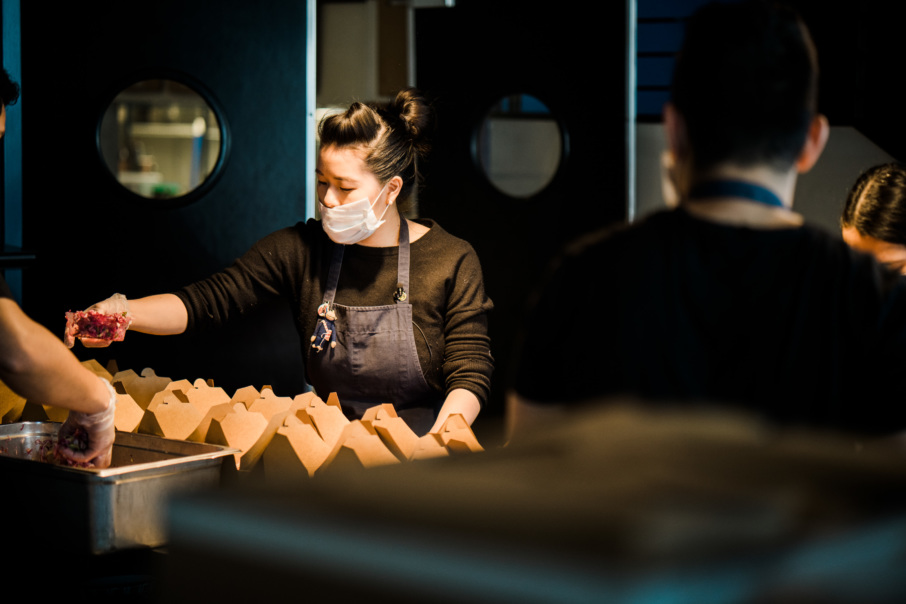
That ability to translate funding into both meals for healthcare workers, and pay for restaurant staff, is a key part of Guo’s plan. For every $100 donated, 10 meals are provided to healthcare workers. But 100% of donations, in the form of grants, actually go to restaurant partners, who commit to directing half of what they receive to wages. Those wages are especially a lifeline for the significant proportion of kitchen workers who cannot collect unemployment due to undocumented status, or whose unemployment checks have yet to arrive. The balance goes to food and other costs for the restaurants.
There’s also zero overhead. Off Their Plate is entirely volunteer-run by 140-plus professionals, many of whom Guo recruited herself. All work virtually from their homes across the country, and most are doing so in addition to their day jobs — helping to fundraise, signing on new restaurants and healthcare sites, and providing assistance around food-safety protocols. The initiative has partnered with two other nonprofit organizations, CommonWealth Kitchen and chef José Andrés’ World Central Kitchen, to process donations.
Growing to 9 cities
The rapid growth has continued. In addition to Boston, operations are now up and running in New York, San Francisco, Pittsburgh, Los Angeles, Chicago, Washington, Philadelphia, and Seattle — with about 40 restaurants currently serving 81 health care facilities. In Boston, the original six restaurants — Pagu, Little Donkey, Flour Bakery + Cafe, Cafe Sushi, Mei Mei and Porto — have grown to 12, including Mida, Shōjō, and Suya Joint All African Cuisine. Meals have ranged from salmon fried rice and paella to bento boxes and gourmet sandwiches, always with a portion of vegetarian options. The selection of restaurants is notable: certainly many are familiar to Bostonians, but for the most part they are small, chef-run places focused not on white-tablecloth dining but on modern, diverse cuisines. The same is true in Off Their Plate’s other cities, as with Mamahuhu and Miss Ollie’s in the Bay Area, or Fish Cheeks and Adda in New York.
And as elsewhere, these provisions are particularly welcome to healthcare providers; with many eateries surrounding hospitals shuttered, with little time to pack a brown bag from home, and with little interest in scavenging the vending machines, staffs have come to rely on Off Their Plate’s deliveries.
“Having these meals has been an incredible morale booster for our staff, many of whom are working long hours, and have had to completely change the way they do their jobs,” says Christine Leccese, director of communications at Codman Square Health Center in Dorchester. “Taking personal meal responsibility off their plates has made an even bigger difference than I thought.”
While Guo is thrilled by the success, she also sees it more as evidence that sometimes private efforts can offer the most efficient solution, in this case with donors who want their money put to work immediately. “Communities and businesses want to support the front lines, but often expect government to do it,” she says.
The key was to appeal both to those who wanted to help restaurants, and those who wanted to help healthcare providers: “Everyone just needs the right motivation.”
Ellen Bhang is a Boston-based food and wine writer whose work appears regularly in The Boston Globe and The Food Lens. Follow her on Instagram. Follow Resy, too.
Discover More


